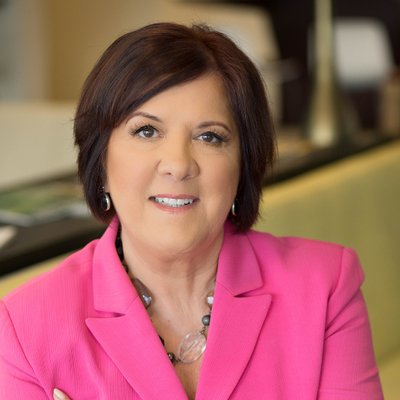As reported in the first part of a series on the financial exploitation of U.S. seniors, financial scams targeting U.S. seniors will continue to grow as the U.S. population ages.
In this second part of a series on the financial exploitation of U.S. seniors, we’ll look at three simple and smart ways to protect an elderly loved from becoming the victim of a financial scam:
Strategy #1: Pay attention
Stacks of gift cards or unfamiliar pieces of mail can be clues that something isn’t right. Missing check numbers or unusual activity in bank accounts are others. A sudden change in behavior should send off loud alarm bells.
Ask readers with aging parents or loved ones to participate in a panel about their experiences. Good sources for this story are Amy Nofziger, director of fraud victim support at AARP, and a representative from the National Elder Abuse Network. Include a local elder attorney, from the National Academy of Elder Law Attorneys, or the National Elder Law Foundation.
Strategy #2: Keep a loved one’s phone safe
Explore with your panel the challenges of explaining to loved ones how to keep a phone safe from online thieves. These steps include:
- registering phone numbers on the FTC’s “Do Not Call” service;
- installing a device on landlines to screen and block calls, and download a robocall-blocking app, such as YouMail or Nomorobo, onto smartphones;
- setting up a voicemail system to screen out phony callers who can fake a familiar phone number, and blocking aggressive callers who ask for credit card information, Social Security number or other personal information, or a prepaid card.
AARP’s Nofziger suggests writing and posting a brief “refusal” script by the phone. Elizabeth Loewy, cofounder of EverSafe, an online monitoring service designed for seniors, is another good source.
Strategy #3: Protect a loved one’s finances
What protective measures has your panel discussed with their loved ones? EverSafe tracks bank and credit card accounts for erratic activity and sends alerts. Here are recommendations from AARP. Others:
- Automatic bill pay; “read-only” online access to bank accounts or alerts that ping when certain activity occurs; brokerages allow an approved party to monitor investments.
- Does the older loved one have an up-to-date will or trust, and a durable financial power of attorney?
- How is a loved one’s financial advisor paid—“fee-only” for their services, or “fee-based” for selling financial products?
- If your loved one has a caregiver, lock away bank statements and checkbooks, shred personal documents, and secure computers and smartphones with passwords.











